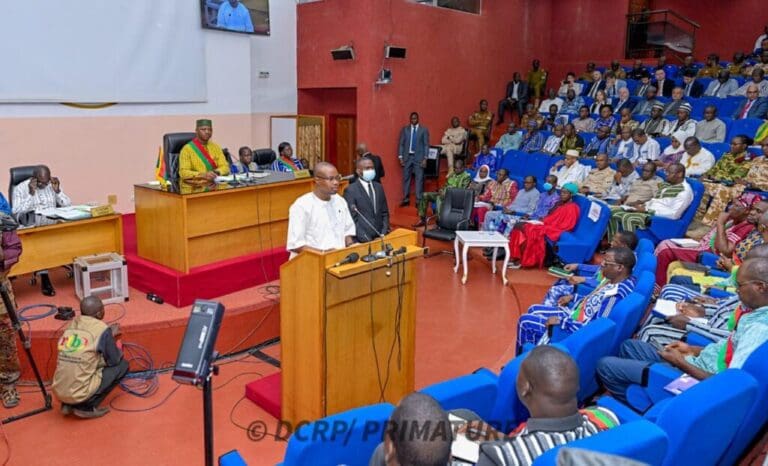The plan emphasizes boosting local industries through the “Made in Burkina” initiative and strengthening the mining sector, including state acquisition of key mines and increased oversight of artisanal mining.
To address energy shortages, the government plans to expand renewable energy sources, including solar and thermal power, and explore nuclear energy options.
Significant investments are planned in infrastructure, including the construction of 1,000 kilometers of rural roads, the rehabilitation of the Kaya-Ouaga-Niangoloko railway line, and the expansion of broadband internet access to 1,000 localities.
The government aims to improve living standards through the construction of 50,000 new housing units, reforms to the education system, and upgrades to healthcare facilities. A dedicated fund will support youth employment, and a national campaign will address water scarcity.
The plan includes initiatives to strengthen social cohesion, such as the creation of a National Council of Communities. Major legal reforms are also planned, including revisions to family law and the criminal justice system.
Prime Minister Ouedraogo called upon all citizens to contribute to the success of this ambitious plan, emphasizing that the country possesses the necessary resources but requires effective utilization and equitable distribution of the benefits of growth.
DS/ac/Sf/fss/abj/APA


